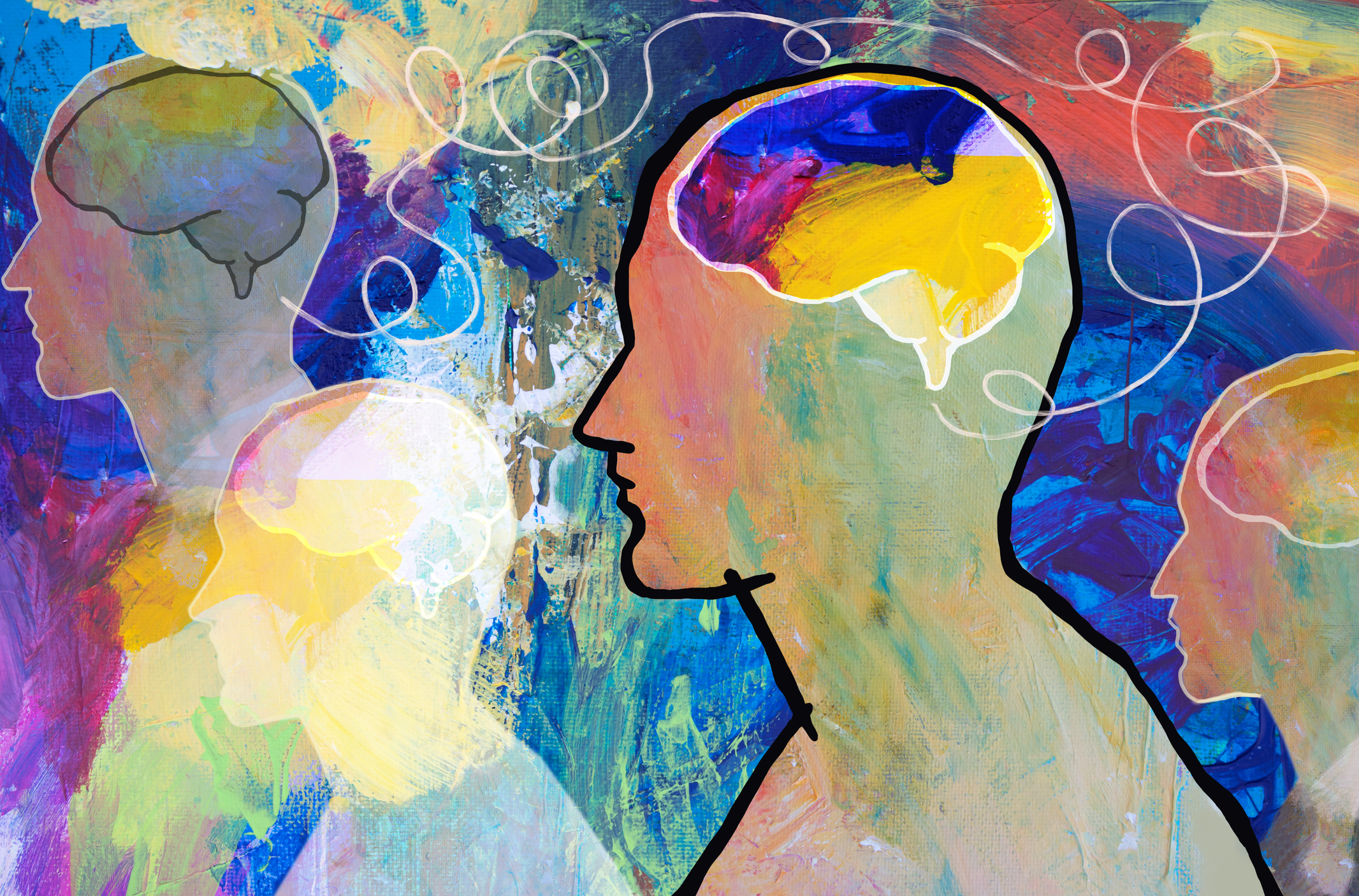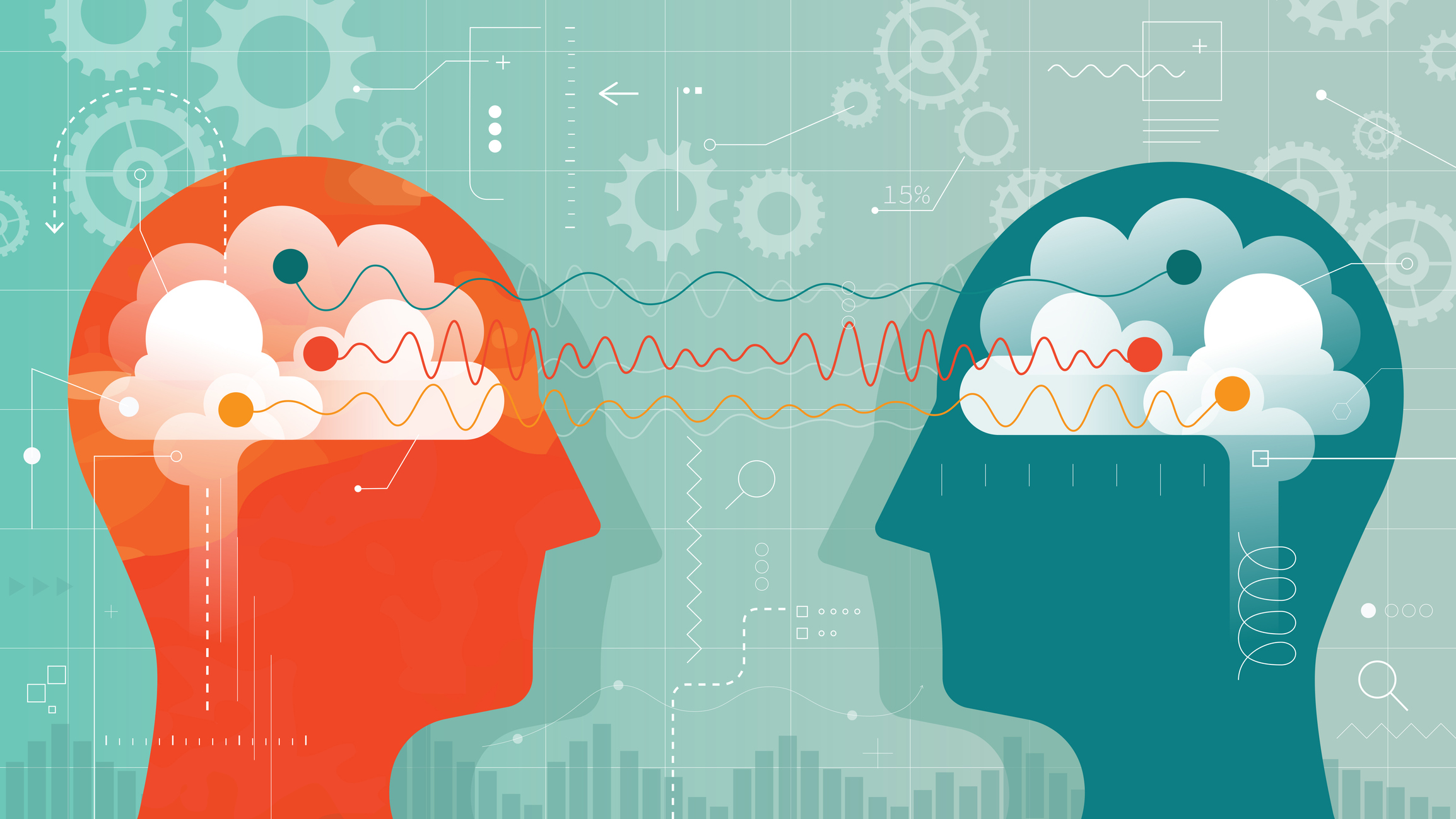In the hustle and bustle of daily life, we often find ourselves overwhelmed by our emotions. Whether it’s anger, sadness, joy, fear, or disgust, these emotions can sometimes get the better of us. However, the good news is that it’s possible to gain control over our emotions and lead a more balanced and fulfilling life. In this article, we will explore practical tips to help you master your emotions and achieve emotional clarity.
Recognize and Deconstruct Your Emotions
To master your emotions, you must first learn to recognise and deconstruct them. It’s challenging to control something you can’t even articulate. Here’s how to get started:
- Keep track of your emotions: Start by asking yourself what you’re feeling and when those feelings began. Understanding the triggers for your emotions is key to managing them effectively.
- Avoid generalization: Don’t simply label your emotions as “bad” or “good.” Break them down into specific feelings like anxiety, frustration, or fear. Studies show that this practice reduces stress and anxiety.
- Identify physical manifestations: Emotions often manifest physically. Learn to recognise these physical sensations, such as a racing heart when anxious or a feeling of heaviness when sad. This awareness can help you disentangle from your emotions.
Develop Emotional Intelligence
Emotional intelligence is the foundation of mastering your emotions. It involves identifying, naming, and harnessing your emotions. Here’s how to cultivate emotional intelligence:
- Practice self-awareness: Understand your emotional responses and motivations. This self-awareness empowers you to adapt your reactions to different situations.
- Empathy for self and others: Cultivate empathy not only for others but also for yourself. Recognizing your own emotions and those of others will improve your emotional intelligence.
Learn New Concepts
Expanding your horizons and embracing new perspectives can reshape your behavioural patterns. Open-mindedness can help you take responsibility for your successes and failures. Here’s how:
- Explore new experiences: Engage in activities that challenge and stimulate your mind. Whether it’s learning a new language, immersing yourself in a different culture, or reading books, these experiences create new neural connections.
Practice Self-Care
Self-care plays a crucial role in emotional mastery. A healthy body and mind are better equipped to handle and regulate emotions. Here are some self-care practices:
- Regular exercise: Physical activity, like walking, increases cerebral blood flow and mental clarity while reducing ruminative thoughts and neural activity associated with negative emotions.
- Good hygiene: Taking care of your physical well-being can have a positive impact on your emotional state.
- Meditation and social connection: These practices help you maintain emotional balance and release pent-up emotions.
Savour Happiness
Happiness can be elusive, but it’s essential to savour it when it arrives. Our brains tend to remember negative experiences more than positive ones. To counteract this bias:
- Acknowledge moments of happiness: Celebrate your accomplishments, no matter how small. Keep a positivity journal to express gratitude for things that bring you joy.
- Hold onto happy moments: Challenge the brain’s tendency to focus on negativity by consciously remembering and cherishing positive experiences.
Conclusion
Mastering your emotions is a journey that requires time, patience, and self-compassion. It’s a process of self-discovery and self-improvement that can lead to a more fulfilling and emotionally balanced life. By recognising, deconstructing, and managing your emotions, you can navigate life’s ups and downs with greater ease and clarity. Embrace these tips, and you’ll find yourself on a path to emotional mastery.
Remember, it’s okay to stumble along the way, but your commitment to self-improvement will ultimately lead to a happier and more fulfilling life.








